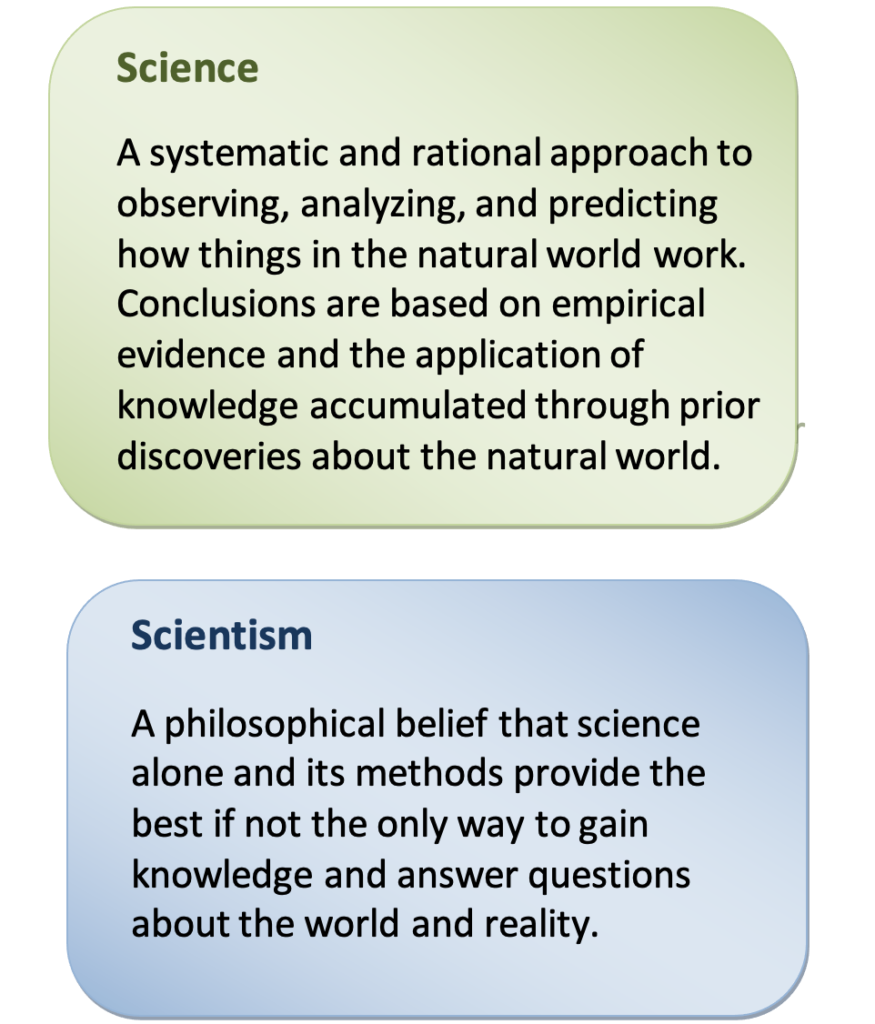
Joyce A. Shelton, Ph.D.
Professor of Biology Emerita
Trinity International University
(Editor’s Note: The Tennessee Center for Bioethics & Culture screened GATTACA at the end of June at the international bioethics conference held by the Center for Bioethics & Human Dignity at Trinity International University. Dr. Shelton presented opening remarks, which, lightly edited, are presented here.)
The movie, GATTACA, is entertaining to watch as is, but is also rife with symbolism and subtle—and some not so subtle—philosophical messages. 25 years on: it has proved to be prescient in a number of ways.
GATTACA depicts a dystopian world in which there is a new type of social discrimination based, not on race or gender or religion, but on one’s genes. Other messages running through the movie include the folly of genetic determinism, the meaning of “human identity,” the burden of perfection, and the ultimate transcendence of the human spirit over a predetermined fate. It also serves as a cautionary tale for the future of a modern society in which the progress of science has been left unchecked by ethical oversight. As a result it has been exploited by governments and corporations for societal control. Science itself is not portrayed as evil in the movie. Indeed, we know it can be a tremendous source for human good; but it can also be corrupted. It can be monetized or weaponized by those in power, who can use it as a means to their own ends, often to the detriment of individuals and the society at large. The differences between Science and Scientism are important to discern (see definitions provided below).
GATTACA was produced in 1997, which was in the early years of the 13 year long government-funded Human Genome Project to sequence the entire genome. For the most part, the general public did not see this research as controversial at all. Embryo selection using Preimplantation Genetic Diagnosis (PGD) had only been around for a few years, and was not very developed or in widespread use. Genetic screening was possible for a handful of traits, mostly chromosomal abnormalities. Gene editing was not feasible at all. People were beginning to see the potential for genetic engineering, especially for treating inherited diseases and disorders. But use of genetic technologies on a large scale to choose or alter human genomes seemed pretty far into the future. GATTACA was a warning.
Fast forward to 2022. The Human Genome has been sequenced. Preimplantation Genetic Diagnosis of embryos has advanced and expanded for selection against many genetic traits that cause disease. It is also being used to select for sex and other non-medical traits. We have companies like 23 and me that not only will provide you with your personal DNA profile, but will add your genetic information to a vast societal data bank. AND we have new technologies, like CRISPR that allows genes to be readily edited. The most recent developments involve exploring the interface between Artificial Intelligence and Biometric (Genetic) technologies to create—not just a new social tier, but a completely new species of enhanced human beings: “transhumans”.
It is good to be reminded that the fictional futuristic world of GATTACA is no longer far-fetched fantasy. The warning is valid.

The Tennessee Center for Bioethics & Culture encourages respectful discussion and debate of bioethics issues, and strongly supports freedom of speech. To that end, we invite and welcome other voices to the discussion of bioethics issues. Invited authors’ views are their own, and do not necessarily represent those of The Tennessee Center for Bioethics & Culture.

